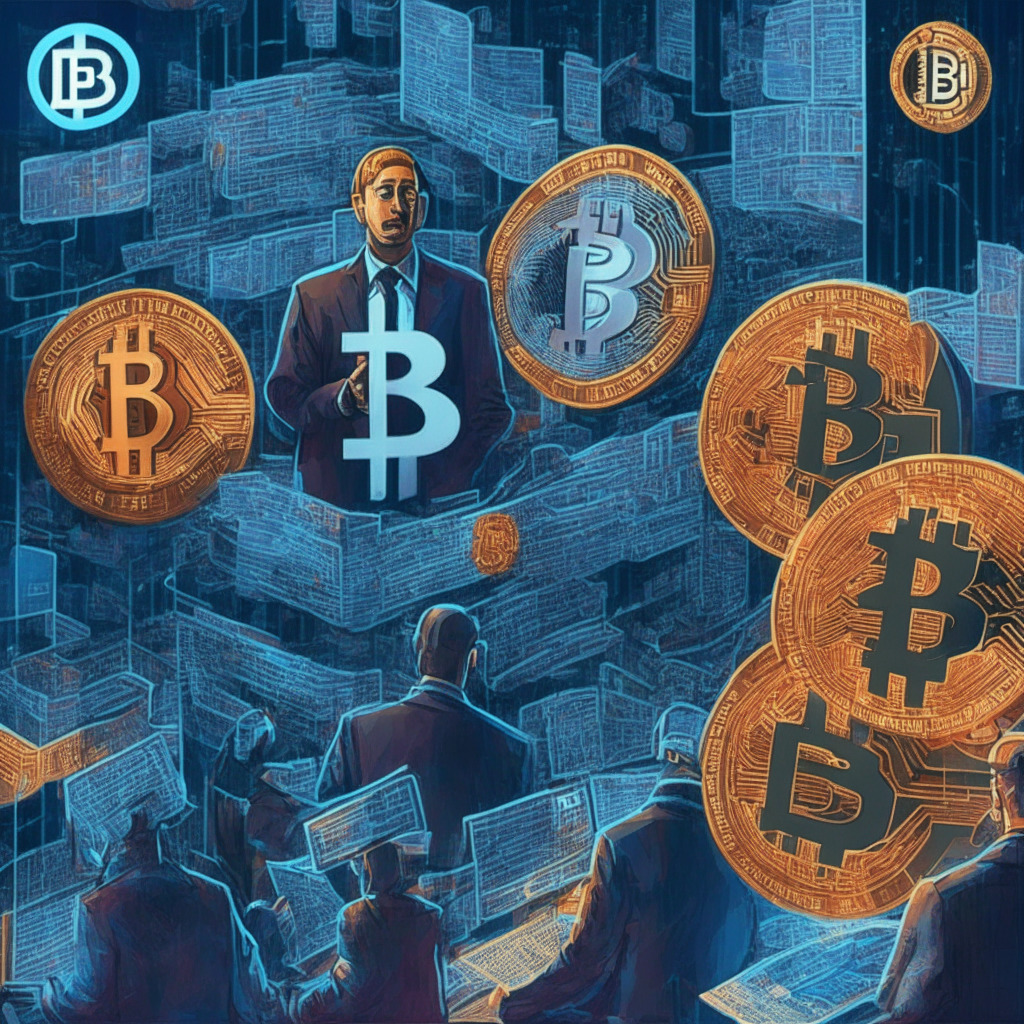The impact of the US Securities and Exchange Commission (SEC) crackdown on major players in the crypto industry, such as Binance and Coinbase, has been a source of concern for many. However, Adam Back, CEO of Blockstream and a well-known cypherpunk, remains unfazed. He is confident that the crypto industry will adapt and find alternative avenues if it can’t operate smoothly within the United States.
Back’s optimism stems from his belief that there’s always a market and demand for cryptocurrencies. He suggests that if one exchange is shut down or stops servicing a certain market, investors will simply move to another exchange or utilize an international exchange. His view was expressed at the recent BTC Prague conference.
The SEC’s recent lawsuits against Binance and Coinbase have indeed created some tension in the industry. However, Coinbase has shown intent to legally represent the US crypto sector in court while also considering a move to the U.K. if necessary.
Binance US, on the other hand, has had to halt US dollar deposits to its exchange as banks distance themselves from the company in light of the lawsuit. Nevertheless, Back believes that crypto investors who are interested in the market will explore other currencies if USD liquidity becomes an issue. Some crypto-friendly banks in Switzerland and Gibraltar, for example, accept deposits in the USDT stablecoin and enable users to trade Bitcoin.
It’s worth noting that Back’s own company, Blockstream, is a significant player in the Bitcoin mining industry. This sector relies on resource-intensive computer systems to compete for new Bitcoin. The recent ban on Bitcoin mining in China led to a massive migration of mining power from China to North America, similar to the adaptability Back anticipates in response to regulatory pressures.
The SEC’s approach to crypto-related products, including exchanges, interest-bearing accounts, and staking-as-a-service, has created hurdles for US-based firms. Disagreements regarding which products and assets are considered securities have often led to regulatory troubles for these firms. However, the SEC has clarified that Bitcoin is not considered a security.
Despite being a cypherpunk, Back has shown agreement with securities laws as an “ethical concept” and has criticized the seignorage characteristic of non-Bitcoin cryptocurrencies. His perspective suggests that the crypto industry will continue to evolve and adapt, finding avenues to thrive under regulatory pressures. Time will tell if Back’s optimism is well-founded as the industry navigates increased scrutiny from financial watchdogs worldwide.
Source: Cryptonews




